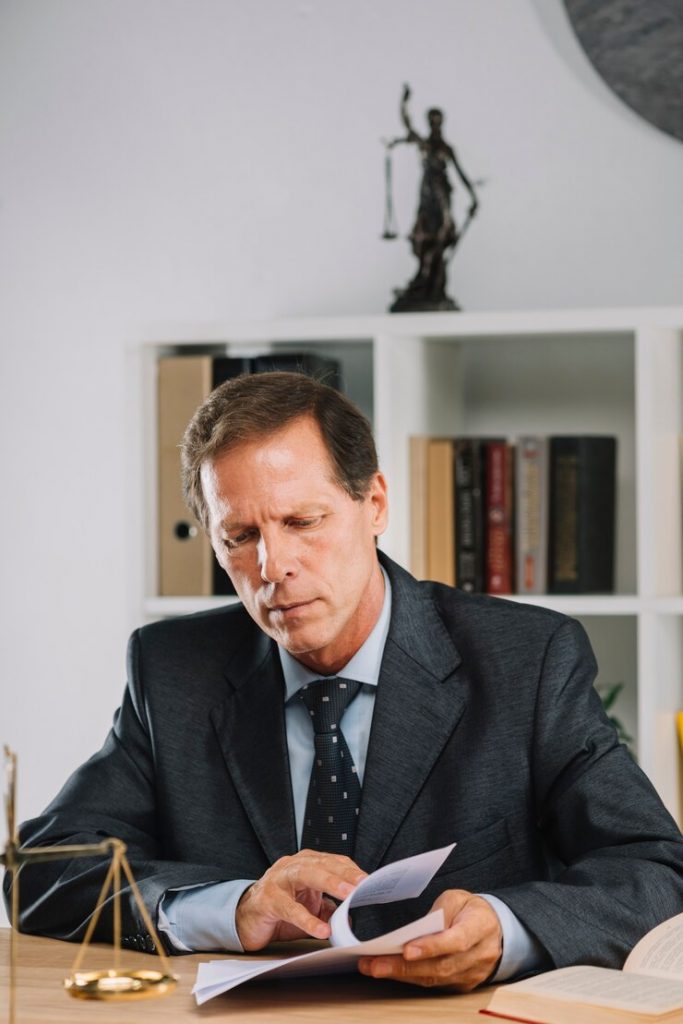Having to defend yourself against a sexual assault charge is a serious thing. With the potential consequences ranging from legal penalties to lasting damage to one’s reputation and relationships, mounting an effective defense is crucial.
Knowing the best defenses against such charges and how they can make a difference in your case is essential. You can contact a sex crimes attorney for professional legal guidance and representation.
In this guide, we’ll explore some of the most effective defenses attorneys use to defend clients who’ve been accused of sexual assault.
1. Consent
One of the most robust defenses against a sexual assault charge is proving that the encounter was consensual. This can be difficult because permission is a complicated topic influenced by several variables, including power dynamics, communication, and intoxication.
However, providing evidence such as text messages, witnesses, or previous sexual history can support the argument that the encounter was consensual.
2. Lack of Evidence
In each criminal matter, the burden of proof rests with the prosecution. The defense may file a petition to dismiss the case or be found not guilty if there is insufficient evidence to prove the accused’s guilt beyond a reasonable doubt.
This defense may involve challenging the credibility of the accuser, inconsistencies in their story, or the reliability of forensic evidence. Mistakes here will give the sexual abuse and assault attorney on the prosecution side the upper hand.
3. False Accusation
Unfortunately, false accusations of sexual assault do occur. According to studies, the National Sexual Violence Resource estimates that between 2% and 10% of sexual assault reports are fake.
The defense can explore motives behind the accusation, inconsistencies in the accuser’s statements, or evidence contradicting their claims. Building a solid case to demonstrate that the accusation is fabricated or motivated by ulterior motives is essential in these situations.
4. Alibi
A strong defense may involve presenting proof that the accused was somewhere else when the claimed assault occurred. This may include witness testimony, surveillance footage, or electronic records placing the accused in a different location when the incident happened.
5. Mistaken Identity
In cases where the perpetrator’s identity is questioned, the defense can argue that the accuser misidentified the accused. This defense may involve inconsistencies in the accuser’s description of the perpetrator, alibi, or alternative suspects.
6. Police Misconduct
If law enforcement officers violate the accused’s rights during the investigation or interrogation process, it can undermine the prosecution’s case. This may include illegal search and seizure, coerced confessions, or failure to follow proper procedures.
7. Mental Incapacity
The accused being mentally incapable at the time of the alleged assault because of something like intoxication, mental disease, or handicap is a valid defense. Establishing that the accused could not understand the nature of their actions is crucial in these cases.
8. Statutory Defenses
The defense may contend, under particular circumstances, that the accused had a reasonable belief the claimed victim was old enough to provide consent to sexual activity.
This defense is particularly relevant in cases with minimal age differences between the parties involved or when the accuser falsely claims to be of legal age.
9. Character Witnesses
Providing testimony from friends, family members, colleagues, or others who can attest to the accused’s character and behavior can strengthen the defense side. Character witnesses can speak to the accused’s reputation for honesty, integrity, and respect for others, undermining the prosecution’s portrayal of the accused as a perpetrator.
As a Final Thought
Mounting an effective defense against a sexual assault charge requires careful examination of the evidence, strategic planning, and skilled legal representation. By employing one or more of these defenses, individuals facing such charges can increase their chances of a favorable outcome in court.
However, each case is unique, and consulting experienced legal professionals is essential to determining the best course of action.



